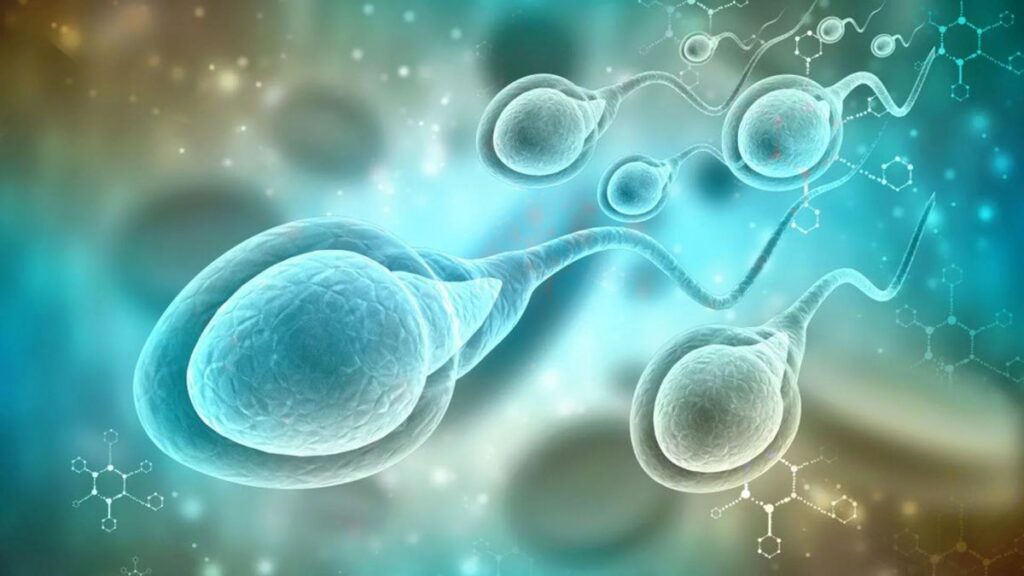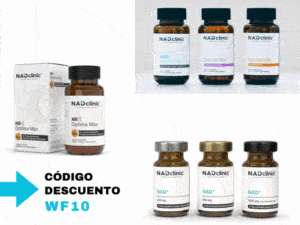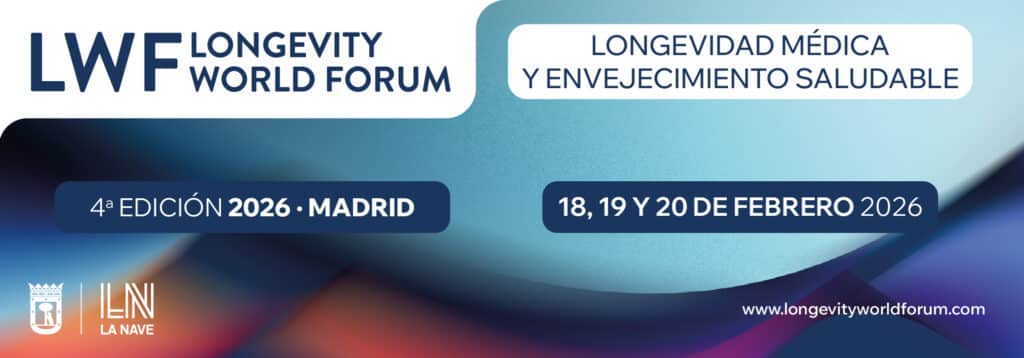What if health optimisation could begin even before birth? What until recently seemed like science fiction is now emerging as one of the great discussions in wellness and biotechnology. The intersection between assisted fertility, genomics and personalised health opens up new ground: conceiving, caring for and perhaps "optimising" the next generations.
Part of a global wave of sexual and reproductive health, fertility startups raised more than 1.5 billion between 2019 and 2023. The aim: not to leave the future of health to chance, but to offer reproductive control options by embryo genetic screening, DNA sequencing, IVF and fertility preservation.
The narrative is not only clinical, but also wellness: more and more people understand that family planning is part of their overall wellbeing.
Today's lifestyles have delayed childbearing and parenthood, increased exposure to endocrine disruptors and reduced sperm quality. This has created what many call a global fertility crisis.
- Since 1978, the in vitro fertilisation (IVF) has made possible more than 13 million births.
- The egg freezing procedures have grown by 400% since 2012.
- Spain leads the way in Europe: it accounts for more than half of egg donations of the continent (WCP, 2021) and has the highest percentage of first-time mothers in the world. 40 years and over.
In addition, the ecosystem is expanding towards men: companies such as Posterity Health, Legacy or Fellow have popularised sperm testing and freezing, with million-dollar investment rounds such as the $24 million Series B closed by Fellow in 2023.
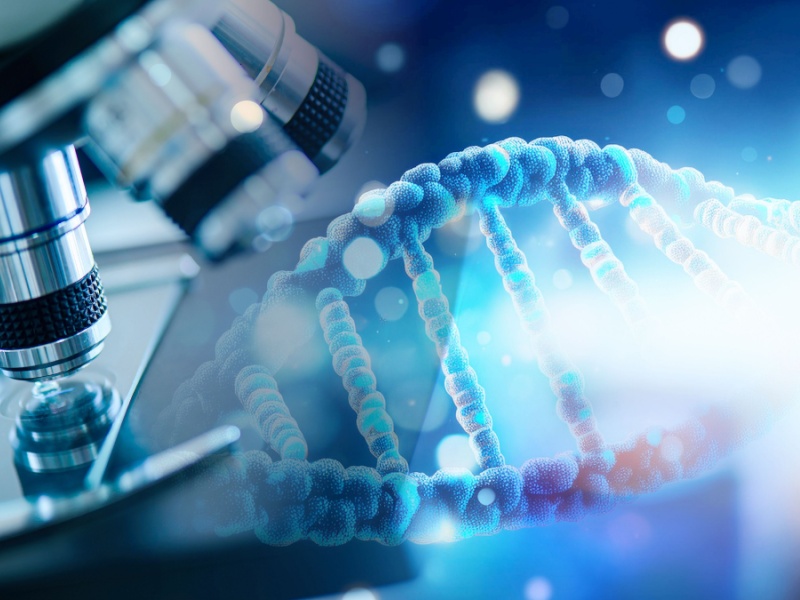
Technology: from laboratory to welfare
Innovation is transforming assisted reproduction into a digitised and less invasive ecosystem:
- PGT/PGD (Preimplantational Genetic Diagnosis)authorised in Spain under Law 14/2006, it allows for screening for serious hereditary diseases, although it is not allowed for screening for non-medical traits. (Tambre Clinic)
- PGT-AAneuploidy screening to improve implantation rates, available in Spanish and European clinics (IVI Fertility).
- Digital cryopreservation platformsas that of TMRW Life Scienceswhich automatically monitors embryos and eggs, reducing failures by 94% compared to manual methods.
- In vitro maturation (IVM)developed by companies such as Gameto (which has raised $127 million), seeks to "mature" eggs in the lab and avoid invasive hormone injections.
- AI and automationEuropean startups are working on "digital wombs" and embryo selection systems based on machine learning (Tech Funding News).
Designer babies: future or dystopia?
With the falling cost of genetic sequencing, companies such as Nucleus Genomics u Orchid Health provide DNA data for family planning and embryo screening.
In addition to preventing hereditary diseases, they introduce the polygenic risk scores (PRS)metrics that, in theory, predict predisposition to obesity, depression, addiction or heart disease.
The concept is both exciting and worrying:
- 75% by the Americans are open to using these technologies preventively.
- The ACMG (American College of Medical Genetics) warns that PRSs are limited: many diseases derive from a complex interaction between genetics, environment and lifestyle.
- Several studies show that PRSs are less accurate in people of non-European ancestry, raising an issue of genetic bias and equity.
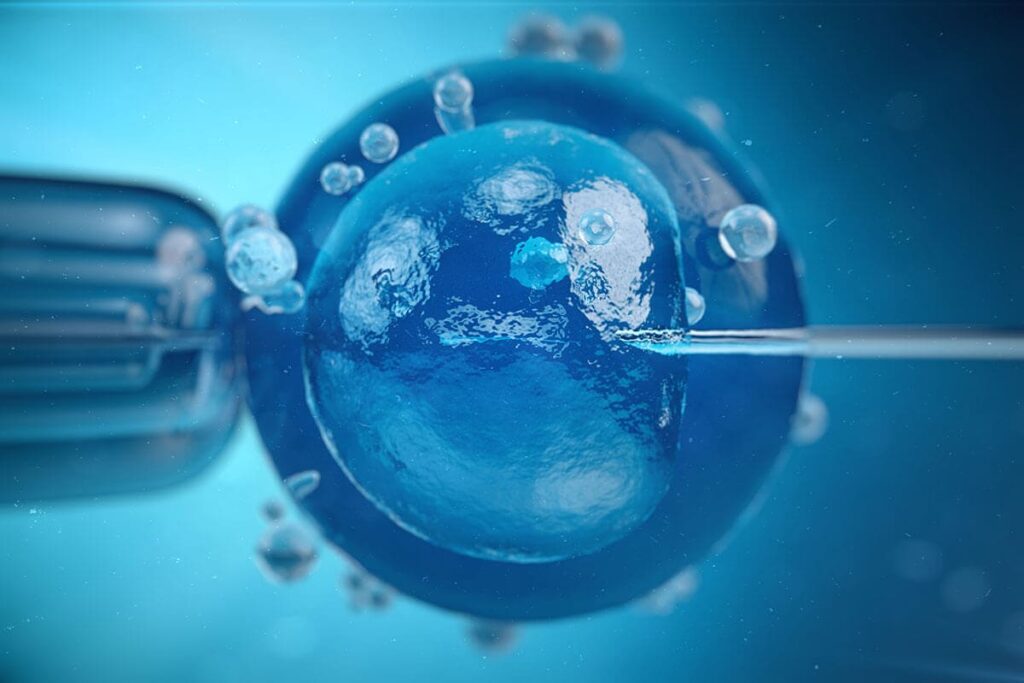
Overview in Spain and Europe
Spain
- The Law 14/2006 regulates assisted reproduction, allowing access without restrictions on the basis of marital status or sexual orientation (Bernabeu Institute).
- Egg cryopreservation is authorised for medical and social reasons.
- Gamete donation is anonymous and regulated, which makes Spain a benchmark destination for international treatments (Fertility Clinics Abroad).
- Recent studies indicate that Spanish clinics frame PGT on their digital platforms as "safe" or routine, which can lead to unrealistic expectations (ResearchGate).
Europe
- The European IVF market reached 9.15 billion in 2023 and could grow to 15.05 billion in 20335.1% per annum (Nova One Advisor).
- Regulation varies: some countries only allow PGT for medical cases, others accept social preservation, and in general the selection of embryos for non-medical characteristics is forbidden (IVI Fertility).
- Between 2021 and 2023, European fertility startups will raise 394 millionmore than in all previous years combined (Sifted).
The ethical dilemma of reproductive wellness
Genetic optimisation before birth raises crucial questions:
- EquityIf only the elite can afford to pay for these services, health inequalities will increase.
- Eugenicsexperts warn against the risk of using genetics to select for non-medical traits.
- Anxiety and pressuregenetic information can generate fears and excessive responsibilities in future parents.
- Culture and valuesWhat does "well-being" mean when we talk about choosing predispositions before birth?
The All of Us Research Programcreated by the 2016 Cures Act in the US, sought to expand genetic diversity in studies to make precision medicine more inclusive, but its funding was recently cut, reopening the debate about the representativeness of the data.
The idea of purifying the DNA of future generations is both a scientific breakthrough and a moral dilemma. Today, genetic optimisation remains a Expensive and experimental "insurance" for the most privilegedBut as the technology matures, society will have to decide what is acceptable to optimise and what is not.
In the wellness of the near future, assisted fertility will not only be an issue of reproductive health, but also a debate about what we mean by welfare before birth. Science is advancing fast; our ethical, social and cultural responses are not yet.
